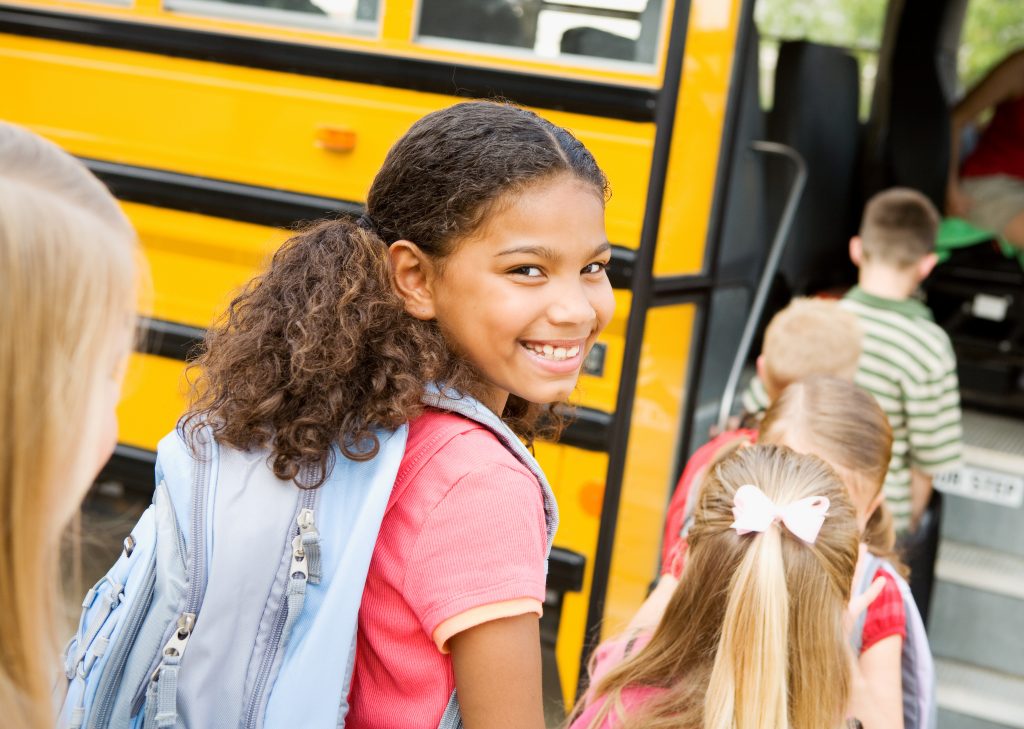Early specialization and coordination patterns
New research reported in the Journal of Athletic Therapy discovered early specialization was associated with unstable hip and knee coordination patterns in female youth athletes. Proprioceptive, agility, and other neuromuscular-training techniques should be used by coaches and athletic trainers to correct the coordination differences to reduce the risk of injury.
Physical literacy and life-long participation
The development of physical literacy is essential to life-long participation in sport and physical activity. Learn how teachers and parents (and program leaders, coaches, and others!) can be allies in ensuring students develop the “motivation, confidence, physical competence, knowledge and understanding to value and take responsibility for engagement in physical activities for life” in the…
Physical Activity and Emotional Development
Research from the Université de Montréal found that children with low or no participation in organized sport from ages 6-10 showed higher emotional distress, anxiety, shyness, and social withdrawal at age 12 than those who participated regularly. The authors suggest that emotional skills learned through sport can help youth successfully navigate the transition from primary…
Development in minor hockey
Hockey Canada recommends a ratio of two (or more) practices for every game played — claiming that one efficient practice will provide a player with more opportunities for skill development that 11 games combined. This article from The Conversation explores how the competition-oriented structure and win-at-all-costs culture of minor hockey limits opportunities for players to…
Parents and Teachers – Allies in Physical Literacy

With students settled into new classes with new teachers, many families find themselves considering how to best support student success across the school day. Physical literacy is becoming an integral facet of Physical and Health Education curricula across the country, and parents are likely to see this term more often on report cards, course outlines,…
Reframing Quitting
While sport is often used to teach lessons about commitment and overcoming adversity, sometimes it makes more sense to quit. According to Psychology Today, parents can help their children navigate this decision by helping them assess their goals and motivations, reframing quitting, and encouraging them to explore alternative pursuits.
Supplements & the Youth Athlete
According to research, youth athletes judge the use of nutritional supplements as acceptable when the negative health consequences are low, the coach’s attitude toward the supplement is favourable, and the expectation of short-term success is high. With supplements considered by some to be a gateway to the use of prohibited substances, this has important implications…
Demystifying Tryouts
Are you a coach that will be holding tryouts this fall? Young athletes and their parents may be unfamiliar with the tryout process. By giving specific instructions, referring to all players by name, and using encouraging language, you can ensure all players feel welcome and able to perform to their best ability. For more tips…
Terry Fox Run 2019
In 1980, Terry Fox ran 5,374 kilometers, completing close to a marathon a day for 143 days, to raise funds for cancer research. Terry’s legacy lives on across Canada and around the work through community Terry Fox Runs and Terry Fox School Runs, being held on September 15th and 26th respectively. Click here for run…
Healthy School Lunches
Healthy school lunches provide children with essential vitamins and minerals for healthy growth and development, and the energy and nutrients they need throughout the day for learning and active play. Health Canada recommends engaging children in planning their meals to make it more likely that they eat and enjoy their food. Looking for tips? Check…